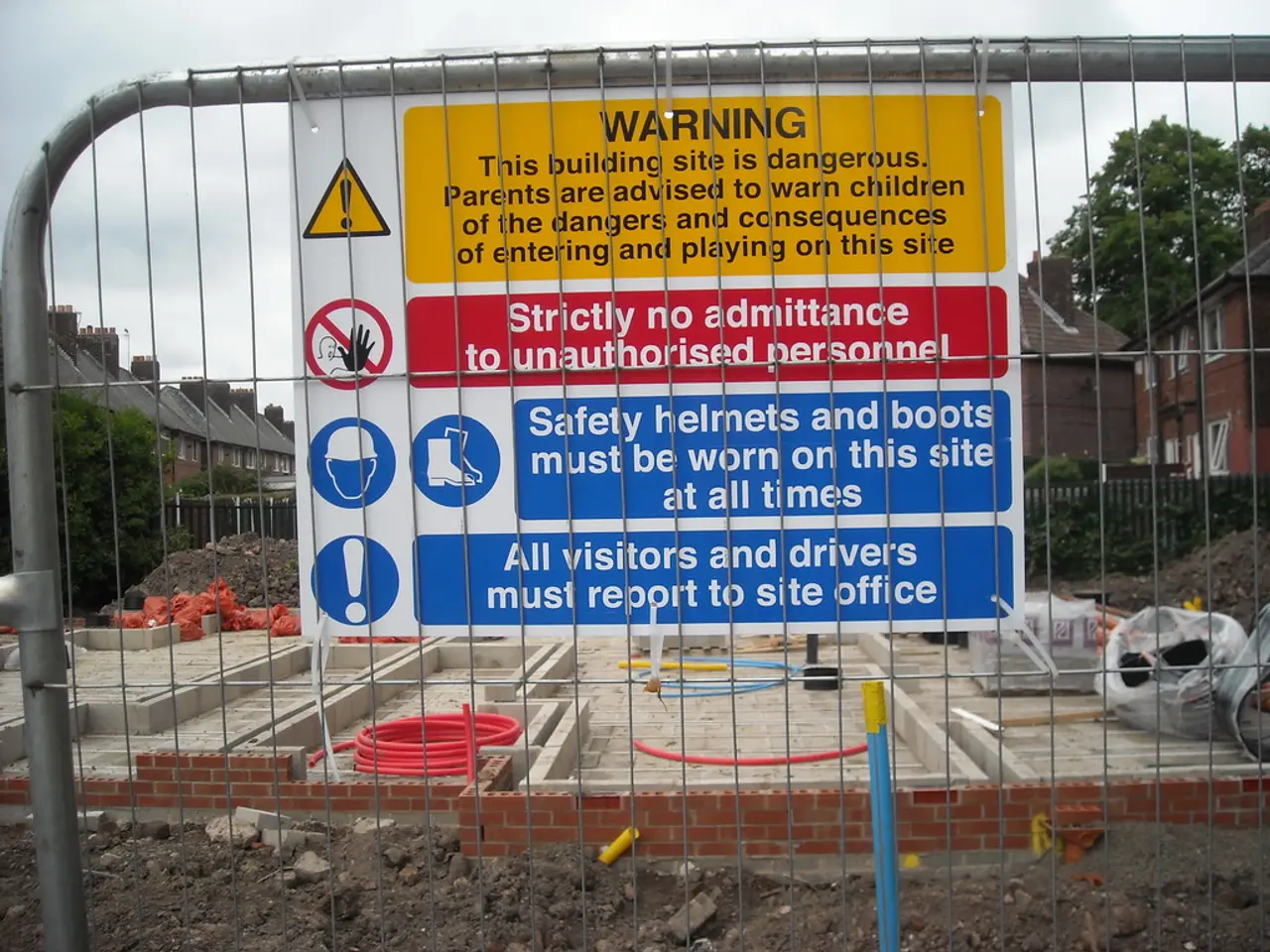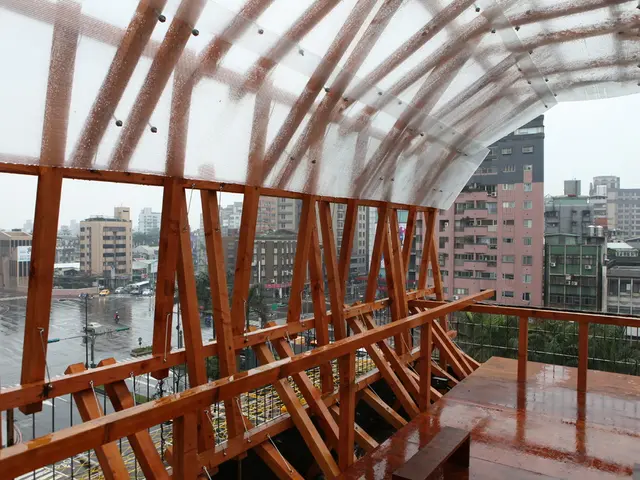Dispute emerges concerning rescinding property deeds may lead to state monetary compensations
In the heart of Buri Ram, a longstanding dispute between the State Railway of Thailand (SRT) and private landholders has been unfolding, involving more than 5,083 rai (about 2,003 acres) of land, known as Khao Kradong.
The dispute began in 2011 when 35 residents occupying 170 rai sought title deeds for the land. However, the SRT contested the residents' claims, leading to a series of legal battles that have yet to be fully resolved.
Multiple Supreme Court rulings, including those in 2017, 2018, and a 2020 Court of Appeal decision, have confirmed the SRT’s ownership of the disputed land, originally designated as railway reserve land under a 1919 Royal Decree during King Rama V's reign.
Despite these rulings, over 900 title deeds are held by private parties, including the influential Chidchob family, who are linked to the opposition Bhumjaithai Party. The Department of Lands initially failed to revoke these land titles, prompting the SRT to take the matter to the Central Administrative Court, which ordered revocation under Section 61 of the Land Code.
The court recognized boundary disputes and required a joint committee including SRT representatives to clarify land boundaries before final title revocations proceed. The Interior Ministry has begun the reclamation process as of early August 2025, moving to return the land to public ownership despite strong local resistance.
Nearly 1,000 families and Buri Ram residents, including those linked to the Chidchob family, have protested and prepared lawsuits alleging negligence and wrongful revocation by government officials. Legal challenges may ensue from private landowners contesting revocation, and political tension exists as the Bhumjaithai Party opposes the move, while the Pheu Thai Party supports it, citing court decisions as justification.
Questions remain over the technical legalities of land acquisition by the SRT. The SRT cited the “royal decree” as acquisition cause but struggled to fully document all legal formalities—such as exact decree dates, expropriation purchase proof, and detailed maps—to satisfy administrative procedures required for revoking private titles.
In 2023, the SRT filed a lawsuit against the DoL at the Administrative Court, seeking the revocation of 995 land titles and the awarding of compensation. The court ruled that the DoL should set up a probe committee, but did not order the direct cancellation of the titles.
The dispute has significant implications, with potential revocation of titles leading to further lawsuits and delaying the resolution of the dispute for years, according to Mr Akenarong. Moreover, a legal expert has warned that revoking land titles may require the state to compensate lawful landholders.
As the legal battle continues, the future of Khao Kradong remains uncertain, with the possible outcomes including government reclamation and title revocation in favor of SRT, facing extensive local resistance, lawsuits, and the need for boundary clarifications before final resolution.
Read also:
- Discussion between Putin and Trump in Alaska could potentially overshadow Ukraine's concerns
- Massive 8.8 earthquake hits off the coast of Russia's Kamchatka Peninsula, prompting Japan to issue a tsunami alert.
- Court petitions to reverse established decision on same-sex marriage legalization
- Independence supporters in New Caledonia refuse agreement offering authority without a vote on sovereignty








